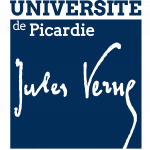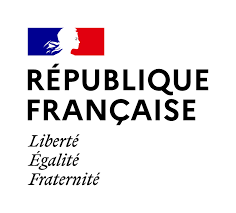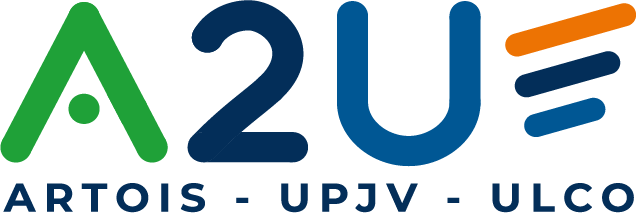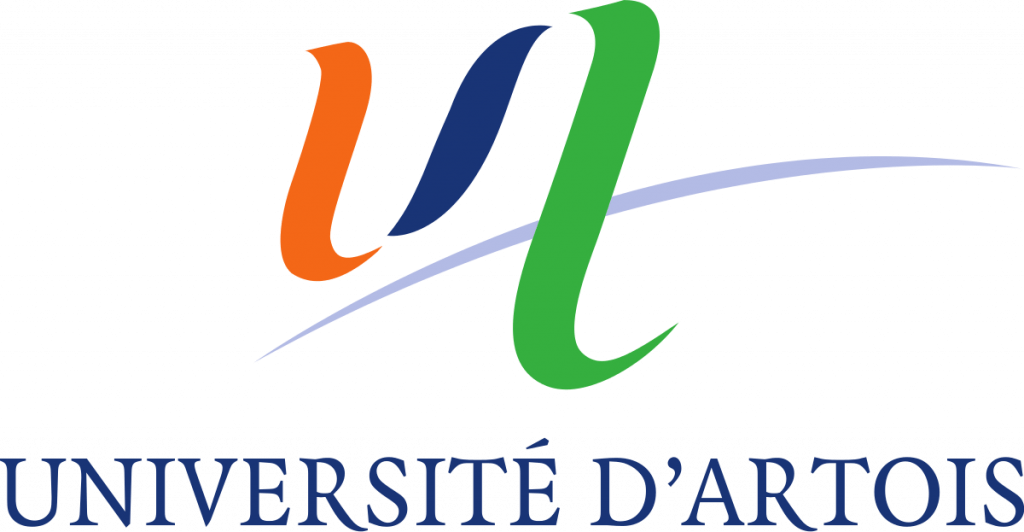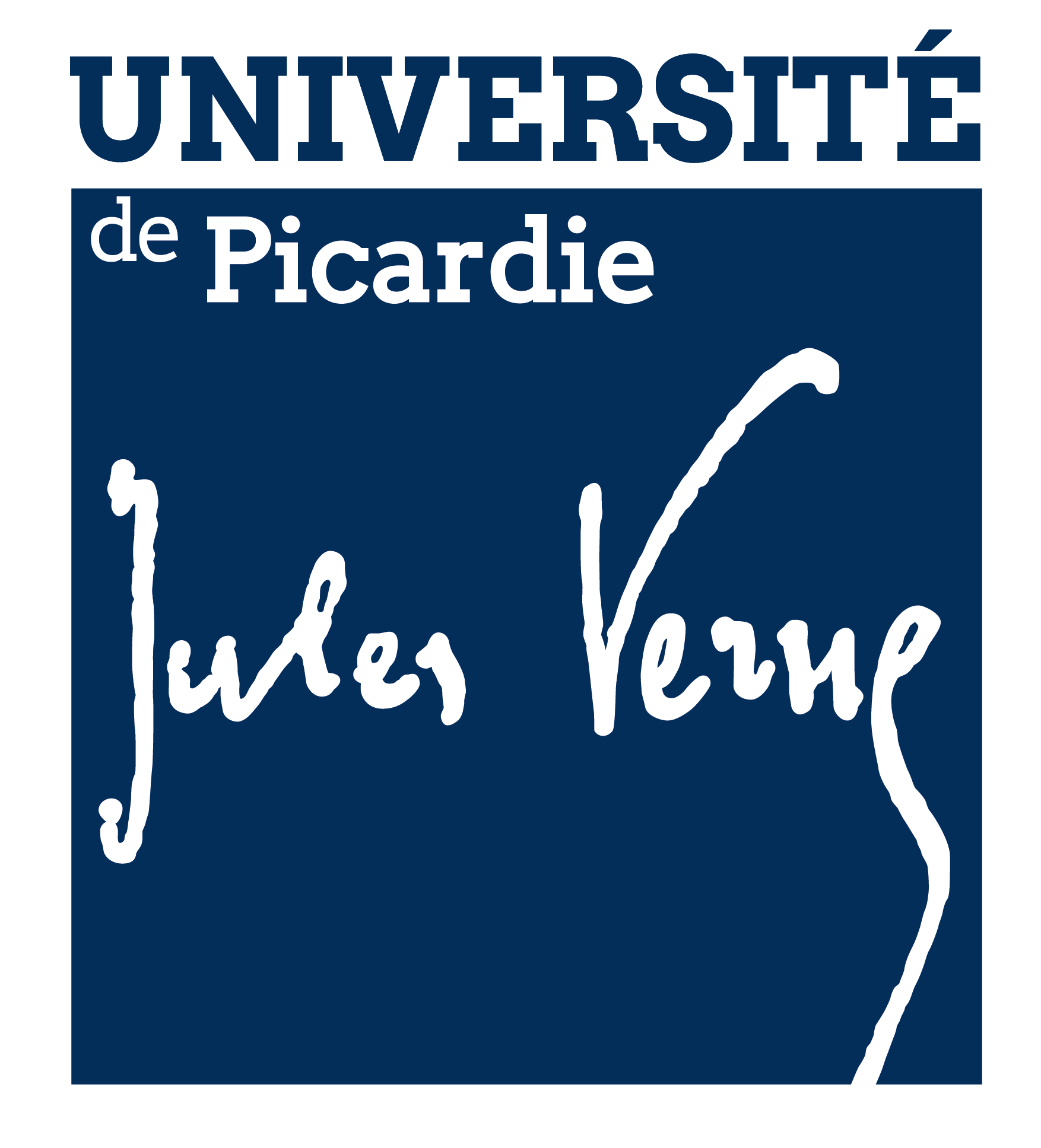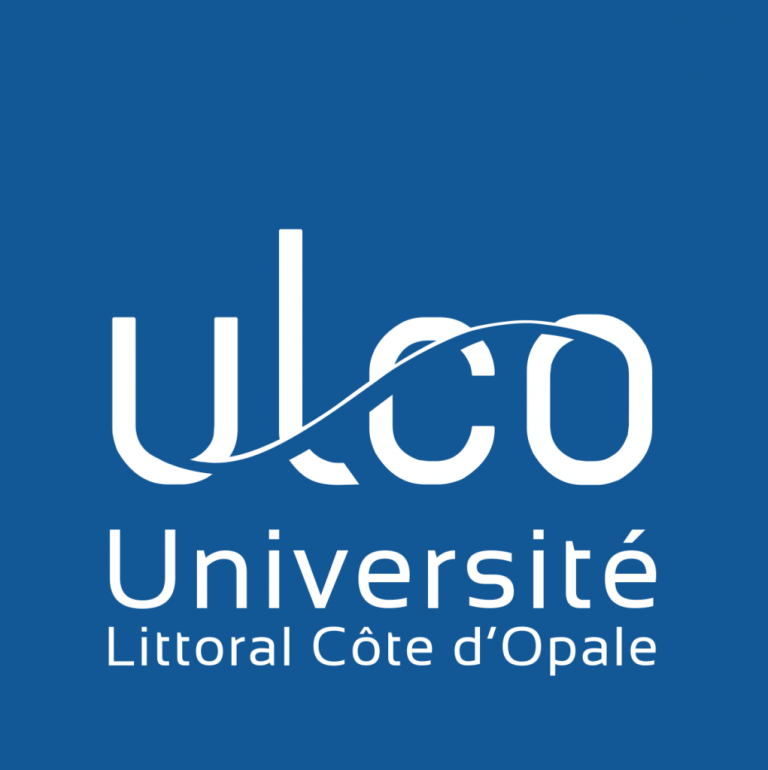The HDLCat project, winner of the 2022 call for projects
Transition metal oxides derived from the calcination of Double Lamellar Hydroxides (HDL) constitute a class of materials of great interest for heterogeneous catalysis applied to the environment and energy. In the near future, these materials could replace noble metal-based catalysts, which are currently widely used and efficient, but more expensive. In order to control and improve the structural properties of these catalysts (high specific surface area and pore volume, good thermal stability, excellent dispersion of metal cations), so-called “soft template” methods employing organic molecules such as surfactants, macromolecules or cage molecules are being developed. Incorporated at the time of the synthesis of the HDL precursor or afterwards, these organic agents make it possible to intercalate and judiciously modify the distance between the two cationic layers. The HDLCat project was part of this context and developed new HDL-based catalysts using saccharide agents, such as cyclodextrins as scalable intercalating agents, but also other abundant and cheap anionic disaccharides (e.g. maltobionates). The new materials have been loaded with Co and/or Ni and some materials have shown real interest in catalysis.
The success of this new class of materials for catalytic application was based on the complementary and recognised skills of the three A2U partners (ULCO-UCEIV, UA-UCCS and UPJV-LG2A) in the fields of materials chemistry, catalysis, sugar chemistry and supramolecular chemistry.
Project leader
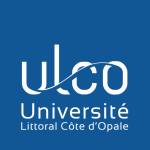
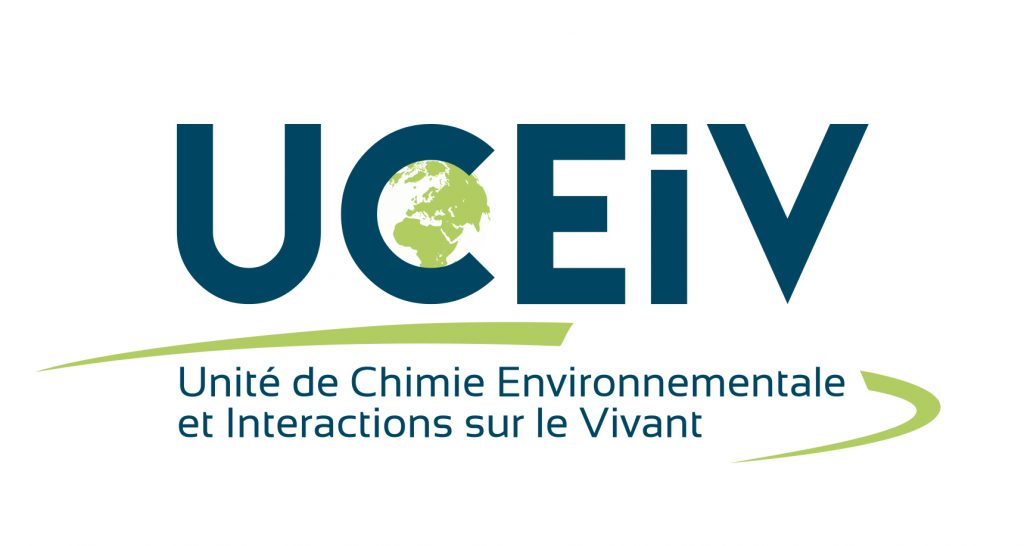
The SerGaPro project, winner of the 2019 call for projects
SerGaPro is a serious game for Professional Orientation (Pedagogical Innovation 2019) which is a behavioural simulator using the VTS software. It has been successfully tested in a “Pharmaceutical Industry” version. This project proposes to spin off Sergapro within the framework of the A2U alliance with colleagues from the UFRs of Sciences of Artois, ULCO and UPJV, within the framework of the LCeR.
In the BQER application, we propose to adapt this game to new formulas centred on the Life and Earth Sciences UFRs of the A2U. It will thus make it possible to federate teams from the three universities within the framework of the Licence Compétences en Réseaux (LCeR).
Scenarios for internship requests in the Science departments of the three universities will be developed.
For Artois, in Life Sciences, 3 courses will be concerned: Biology-Biochemistry/Life and Earth Sciences/Life and Environmental Sciences, for common skills: Internship and Project (SMP/PROJ) for which several scenarios could be developed in R & D in the agri-food, environment, biology and health sectors.
For ULCO, three types of training are targeted: DEUST 2 Technicien de la Mer et du Littoral (TML), L3 SV with its 2 courses in Life and Nature Sciences (SVN) and Agri-food and Fisheries (agroH), Master’s degree in Quality of Agri-food and Fisheries Processes (QPAH).
For the UFR Sciences of the UPJV, 4 courses will be concerned in the general L3: biology-cellular physiology/ecology/plant production and agro-food industries and SVTU (CAPES). Two of them include the transversal UE PPI (professional project and professional integration). An opening to English versions may be envisaged in the future.
Project leader
